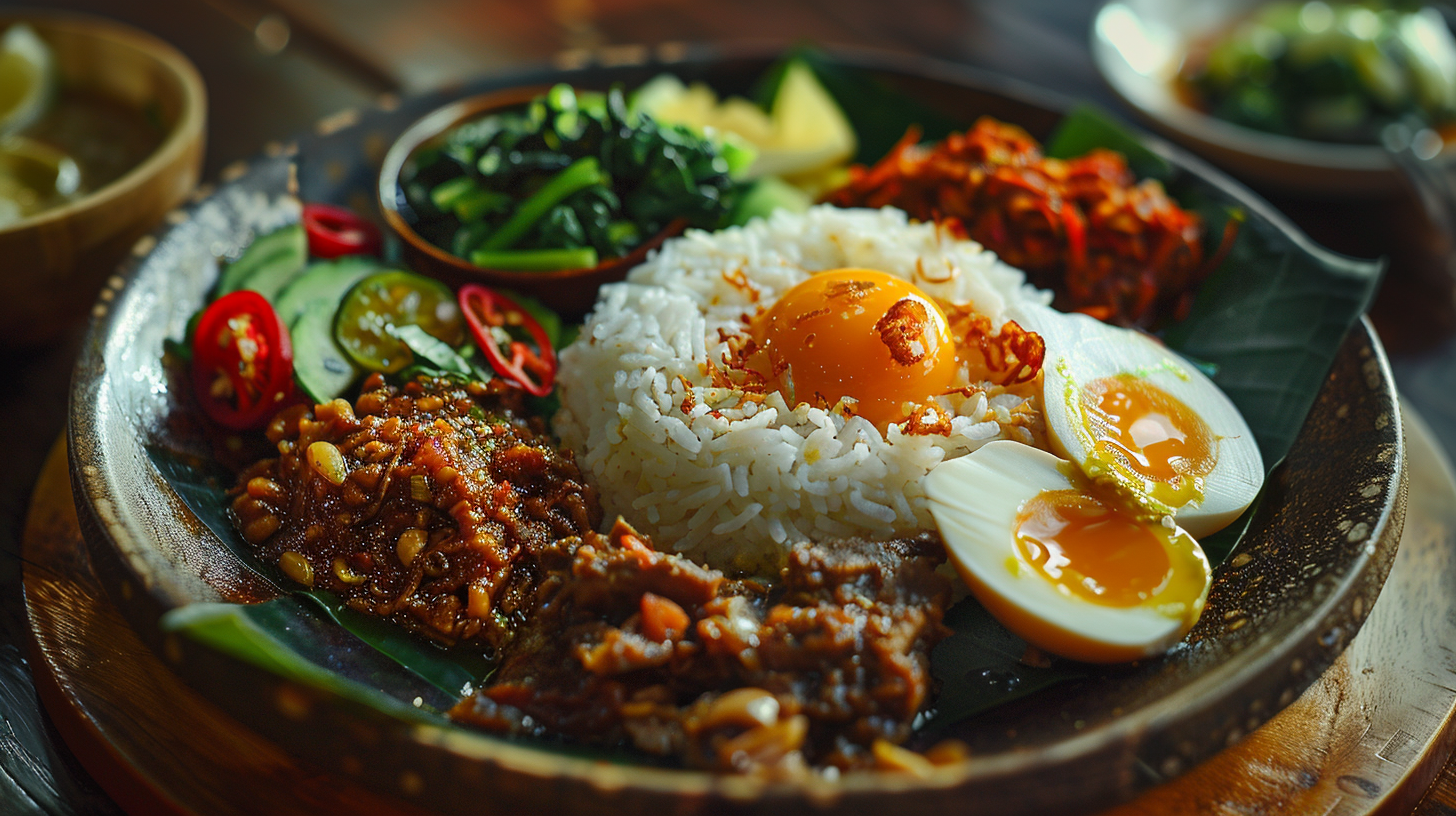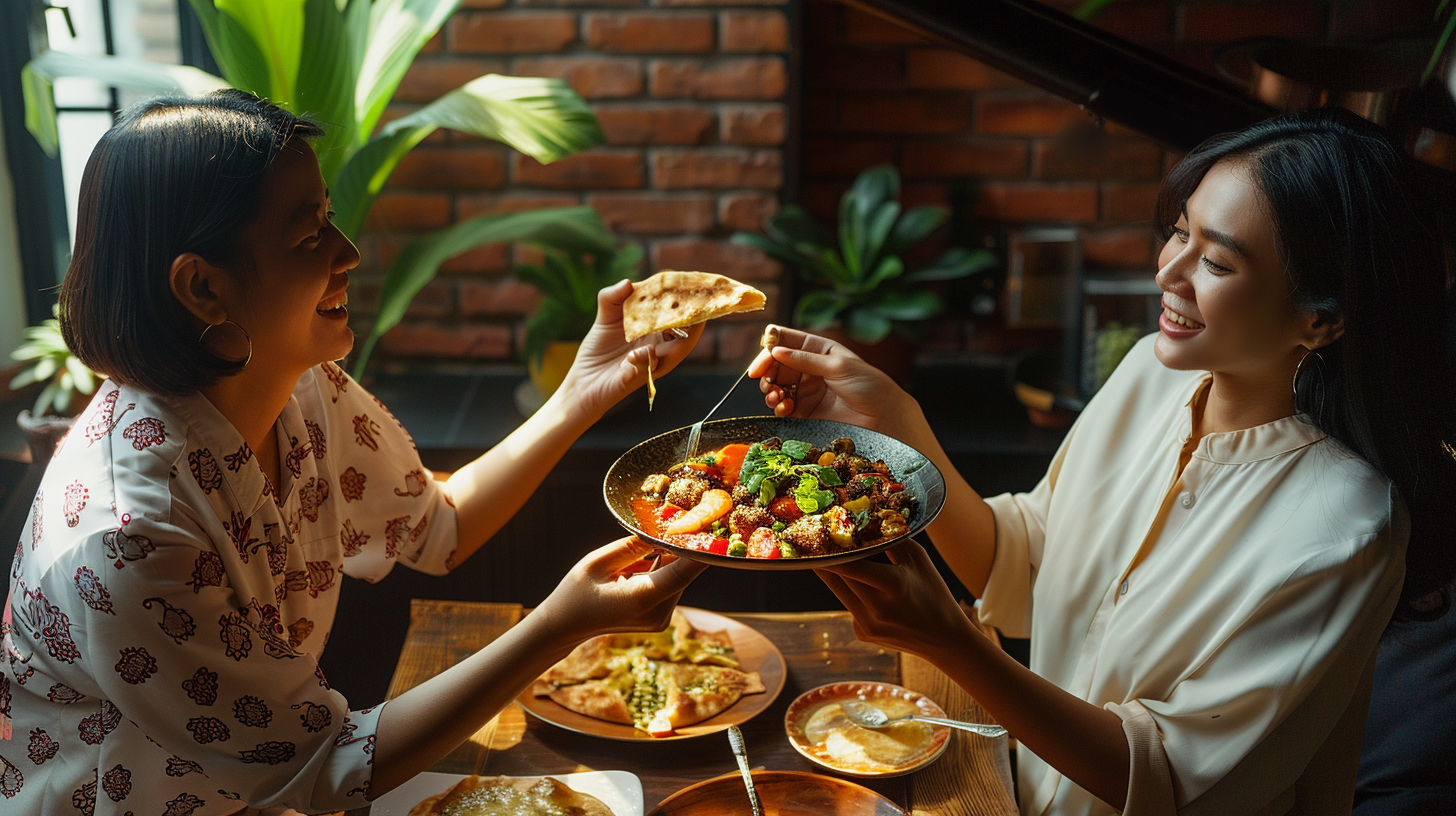
Celebrating Cultural and Dietary Diversity: Nourishing Health Through Inclusive Practices
Cultural and dietary diversity are significant aspects of the human experience, shaping the way people eat and interact with food. From traditional dishes to modern fusion cuisine, the world is filled with a wide range of culinary traditions and practices. This diversity is not only a reflection of cultural heritage but also plays a crucial role in maintaining a balanced and healthy diet. Understanding the impact of cultural and dietary diversity on weight loss can provide valuable insights into developing sustainable and effective strategies for achieving and maintaining a healthy weight.

Cultural Influences On Dietary Choices
Cultural influences play a significant role in shaping dietary choices and have a direct impact on weight loss management. Food availability, choices, and consumption are heavily influenced by cultural factors such as traditional cuisines, culinary practices, and food customs. Moreover, cultural beliefs and practices often dictate what a community considers nutritious and healthy, thereby shaping dietary diversity and nutritional intake.
For instance, certain cultures have a strong emphasis on plant-based diets, while others may incorporate a variety of meats and dairy products into their meals. These cultural preferences can impact an individual’s weight loss journey, as certain dietary guidelines may be more aligned with cultural traditions than others. Furthermore, the multifaceted nature of food within a community can lead to contested meanings and understandings of what constitutes a healthy diet.

Traditions
Embracing cultural food traditions is essential for promoting overall health and well-being. Cultural food traditions reflect the diverse dietary practices and culinary heritage of different communities around the world. By acknowledging and embracing these traditions, we can celebrate the unique flavors and ingredients that contribute to a diverse and nutritious diet.
There may be tensions between cultural identity and eating habits, as individuals may struggle to balance their cultural traditions with external dietary guidelines. It is crucial to include cultural diversity in personal nutritional recommendations to ensure that individuals can maintain their cultural identity while also promoting their overall health through balanced and inclusive eating habits. By recognizing the importance of cultural food traditions and promoting diversity in nutrition recommendations, we can support individuals in achieving their weight loss and overall health goals.

Incorporating Cultural Foods
Incorporating cultural foods into a weight-loss diet requires careful research and planning. To begin, start by researching traditional recipes from various cultures and consulting with cultural experts to understand the significance of certain ingredients and cooking methods. Once you have a solid understanding, source culturally preferred ingredients from local markets or specialty stores to ensure authenticity.
To make cultural foods a regular part of your organization’s food service, consider adding cultural food standards to your food service guidelines policy. This will help to ensure that the food served reflects the diversity of your community. When seeking vendors to provide food for your organization, solicit those who are willing to include cultural foods in their menu cycles through the RFP process. It’s important to ensure that all cultural food standards are included in the final contract language and the vendor’s scope of work.
By incorporating cultural foods into your dietary plan and organization’s food service, you can embrace diversity and create a more inclusive and fulfilling dining experience for everyone involved.
Promoting Health Through Cultural and Dietary Diversity
Embracing cultural traditions and incorporating diverse foods into your diet not only adds richness to your culinary experience but can also contribute to a balanced and fulfilling lifestyle. At Regner Health Solutions, we understand the significance of cultural and dietary diversity in achieving your weight loss and overall health goals. Call us at (952) 900-3994, and let’s work together to develop a sustainable plan that respects your cultural identity while promoting your well-being. Your health journey begins with understanding, inclusivity, and a commitment to celebrate the diverse flavors that make us unique.
We proudly provide weight loss services for these areas of Bloomington, MN:
East Bloomington, North Corridor Park, East Bloomington South, West Bloomington, West Bloomington North, Nord Myr Park, Canterbury Park, Anderson Park, Bloomington Southwest, Bloomington South, Oxboro, Bloomington Ferry, South Loop District, Penn-American, Skriebakken Park, Heritage Hills Park, Lake Girard Park, Bryant Park, and Bloomington Northeast.
We also provide medical weight loss services for people from these areas near Bloomington, MN:
Minneapolis, Mendota Heights, Burnsville, Eagan, Edina, Richfield, Savage, Eden Prairie, Saint Paul, Hopkins, Prior Lake, Minnetonka, Shakopee, Mendota, Chanhassen, Lakeville, Rosemount, Excelsior, Chaska, Wayzata, Inver Grove Heights, Navarre, Minnetonka Beach, Farmington, South Saint Paul, Victoria, Spring Park, Long Lake, Carver, Newport, Saint Paul Park, Mound, New Market, Elko, Jordan, Webster, Cottage Grove, Maple Plain, Hamel, Saint Bonifacius, Osseo, Vermillion, Castle Rock, Loretto, Cologne, Waconia, New Prague, Hampton, Champlin, Lake Elmo, Hastings, Willernie, Circle Pines, Lonsdale, Randolph, Belle Plaine, Watertown, Delano, Rockford, Hanover, Hugo, and Cannon Falls.



